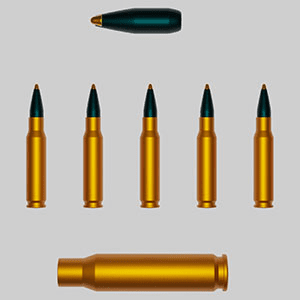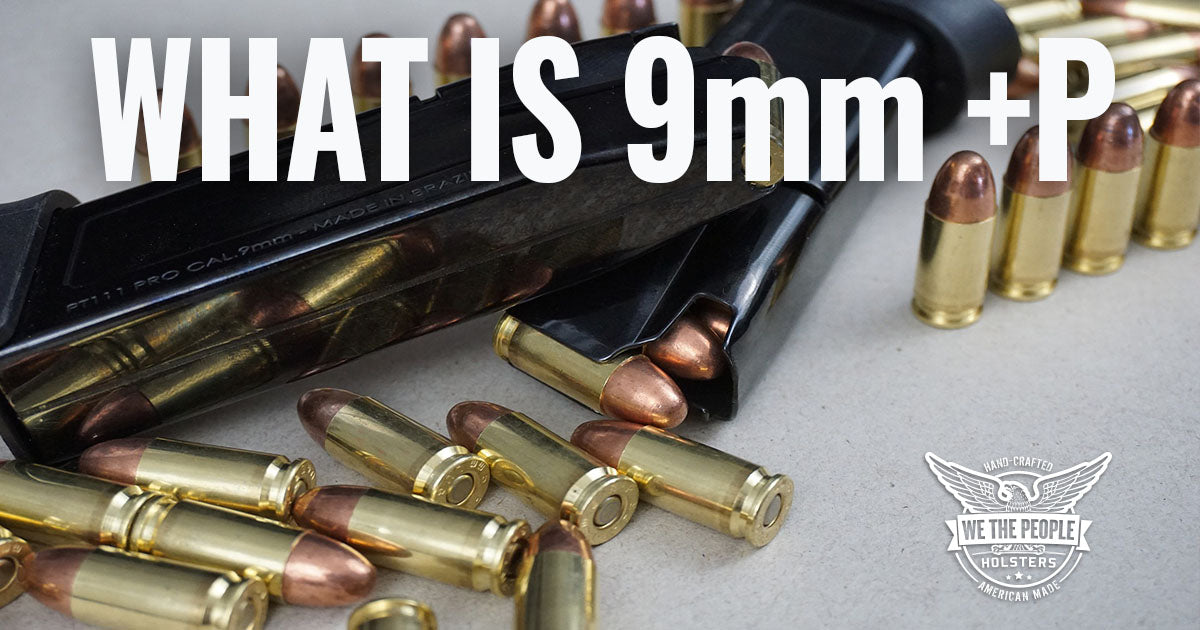6 Simple Techniques For Ammunition Pro Llc
6 Simple Techniques For Ammunition Pro Llc
Blog Article
Not known Factual Statements About Ammunition Pro Llc
Table of ContentsUnknown Facts About Ammunition Pro LlcNot known Factual Statements About Ammunition Pro Llc The Best Guide To Ammunition Pro LlcWhat Does Ammunition Pro Llc Do?Ammunition Pro Llc Things To Know Before You Get This
The basic components of ammo are the same for rifle, pistol, and shotgun ammunition. Today we're looking at the what the standard parts of ammo are and how they function together to fire a round.It houses the guide and powder. The bullet is seated outdoors end of the case. When you fire a bullet out of a semi-auto weapon, the weapon's extractor lifts the instance from the firing chamber and it flies out of the weapon. The instance is also often described as shells, brass, or cases.
A weapon's firing pin strikes a cartridge's primer. The primer is a steel mug that holds an explosive chemical compound. When the shooting pin strikes the guide cap, it squashes the priming substance against the anvil. This creates a little surge in the instance that fires up the propellant. The primer is situated in the edge of the instance of a rimfire cartridge.
The Buzz on Ammunition Pro Llc
Gunpowder following to the situation that usually includes it. It is typically a mix of saltpeter, charcoal, and sulfur.

We call the projectiles for shotshells, which we fire with shotguns, slugs and shot. A slug is one strong piece, normally constructed of lead. Shot is a team of pellets constructed of lead, steel, bismuth, or tungsten alloy. Shot pellets can be available in various dimensions and amounts. Since you have a standard understanding of the basic components of ammo, you can feel a bit a lot more certain in how your gun and ammunition function!.
Getting My Ammunition Pro Llc To Work
Keep up with Special Deals, Advance Notification of Sales, and Store Events
Enjoyable fact: Grains are made use of to explain the mass of a bullet since right back in the very early days of weapons, it was an apothecary's unit of dimension, and a common denominator was needed to determine just how much lead to utilize to make cast lead bullets (Ammunition for Sale). 'Grains' as a device of measure for weight goes all the means back to old times, and represents the weight of a grain of wheat

(http://advertiserzz.com/directory/listingdisplay.aspx?lid=104686)For reference, the weight of a paper clip is around 16 gr. We recognize that grains are a step of mass, and extra = much heavier, and heavy is excellent? Yes, heavy is excellent, however mass of the projectile isn't the only point you need to consider when picking a round for your weapon.
10 Simple Techniques For Ammunition Pro Llc
This spin is created by grooves cut or hammered right into the inside of the barrel, which are described as 'rifling'. Fun truth, this is the beginning of the term "Rifle" ex-spouse. A gunned firearm vs. smoothbore firearm. The effect this spin has on projectiles is a supporting one the bullet revolving maintains the nose pointed straight, similarly that a flawlessly spiraled football toss is going to be far more steady and precise in trip than a hideous duck, end over end toss.
Just how does this associate to grain weight? Envision you're on one of those play area carousels, the ones with bars you hold on to while it spins.
The same result happens with bullets. The larger the projectile, the more result a faster rotate will certainly have on it.
What Does Ammunition Pro Llc Mean?
There's another element that we have to take into consideration when choosing a grain weight for our ammo. As meant above, bullet velocity, or the speed of the projectile, is a significant factor when figuring out the very best grain weight projectile to utilize. Velocity is affected by a few significant variables, including the type and amount of propellant (gunpowder), barrel length, and bullet weight.

One of the most usual grain weight rounds for 9x19mm cartridges are 115gr and 124gr. These are generally lead core, fully jacketed (FMJ) rounds. Both of these grain weight cartridges will do well in manufacturing facility 9mm handguns, to normal handgun ranges (up to 50 backyards). 115 grain rounds are the most common (and consequently least costly).
Report this page